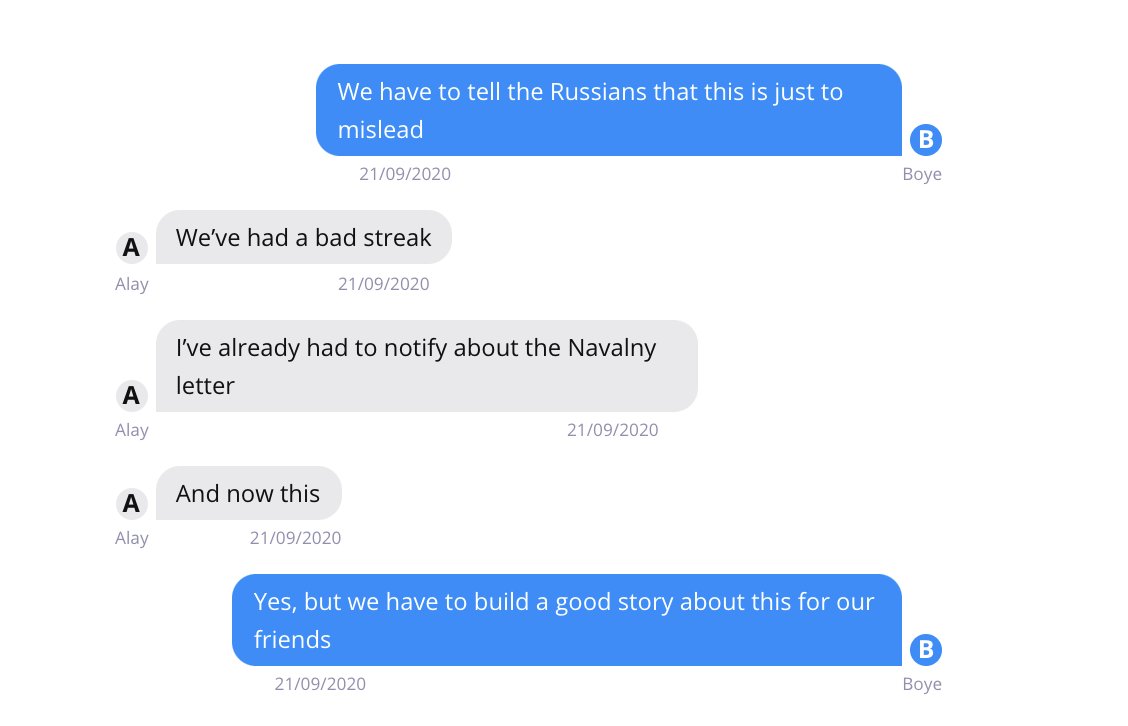
NEW: Syria has found an unusual way to raise cash: charging citizens abroad large fees to avoid military conscription.
Men who don’t pay face the threat of having their family’s assets in the country seized.
Our story with @guardian 1/
occrp.org/en/37-ccblog/c…
Men who don’t pay face the threat of having their family’s assets in the country seized.
Our story with @guardian 1/
occrp.org/en/37-ccblog/c…
One Syrian living in Sweden paid $8,000 to the embassy to avoid military conscription, which is mandatory for men between the ages of 18 and 42. 2/
U.S. and EU sanctions have made it harder for Syrian embassies to electronically send funds back home, pushing them to ask for cash payments.
Some who’ve paid told OCCRP that they fear the money will be used to fund the military. 3/
Some who’ve paid told OCCRP that they fear the money will be used to fund the military. 3/
A gov’t study from 2015, the year after Syria raised the fee, predicted payments to avoid service could bring in over $1.2 billion a year, even if only 10 to 15 percent of men wanted for conscription paid up. 4/ 

• • •
Missing some Tweet in this thread? You can try to
force a refresh








